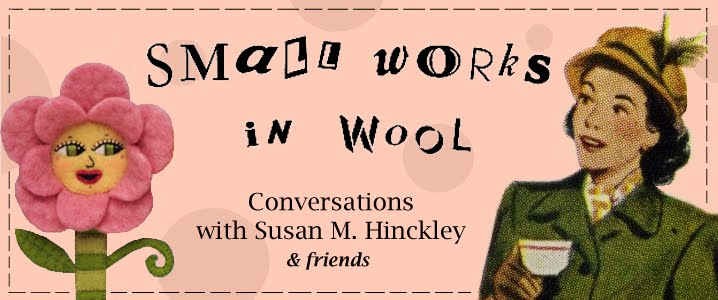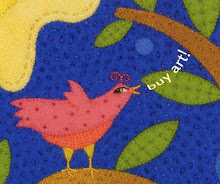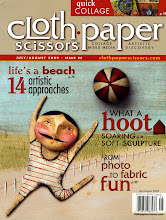I love words.
In fact, I would include my love of language on a very short list of my distinguishing characteristics.
An article I read this week by Jeremiah Whitten posited that, "Twitter is at the forefront of the decline of America's patience for prose." I am not on Twitter. I love ideas and the words used to express them too much to reduce them to 140 "characters", subjecting them to a formula in which letters and empty spaces carry equal weight.
One of our local school superintendents said on the news this week that, "To today's youngsters, a book or magazine is an iPad that doesn't work." If that is the case, I certainly hope SOMEONE is helping them understand the value of print -- the power of words on a page, ideas committed to paper. Ideas made more tangible than they can ever feel in the always changing world of "virtual."
Not that I am promoting wordiness. In fact, the quest to say a thing succinctly is one of my passions. The best ideas expressed precisely, using the best words . . . communication perfection.
That's why I savored the book I just finished
more than anything I have read in a long time:
Short Takes, edited by Judith Kitchen
In the years since I studied writing in college, they have invented something called the "short". And the creative non-fiction shorts in this collection were like pieces of delicious candy to me. Some were by well-known writers, such as David Sedaris, Sherman Alexie, Amy Tan and Terry Tempest Williams. Others were by emerging voices. And each told a story in what seemed to be the best way possible.
I handed the book to Hannah to read one of my favorite pieces that was just a few paragraphs long. After she finished, she let out a long sigh. She said, "Wow. That was amazing. I know everything about that family -- their complete story. HOW DO SOME WRITERS DO THAT?"
Simple. By using the best words.
The editor explains in the introduction that by dividing their longer pieces into many connected segments, contemporary writers have embraced the short as a means of reaching an audience. "In the century of the New York minute and the Internet (not to mention Twitter, I add, which was invented since this collection was compiled) the short has come into its own."
The pieces range from a few paragraphs to 2,000 words and are described on the cover as inviting us to "experience the power of the small to move, persuade, and change us."
The power of the small....yes.
Little things, like words.
On pages.
To which I intend to hold tightly.
To which I intend to hold tightly.


















4 comments:
The ability to say a thing succinctly is a skill acquired by studying the language. A writer can't use the best word for the thought if he/she doesn't know it exists. People need to READ those words, see them in context, see how they make an idea flow.
But you knew that.
I'm adding this book to my list to get....I dearly love words as well, and use far too many of them, lol. I'd love to be able to convey my meaning in just a few words.
There are some childhood books I still re-read just for the language used. Anything by Elizabeth Enright, who can transport me anyplace with just a few well-chosen words, and the Lord of the Rings trilogy. Tolkien's words will never fail to thrill me.
I love Elizabeth Enright! I'm not sure I've ever met a fellow-fan. What a great club, Allie! I read her books to my daughters as well, so they're keeping them safely alive for the next generation.
ha i love books...i do have a twitter...but often find it pointless beyond promotional purposes...i would rather read as long as it takes to say what need be said...
Post a Comment